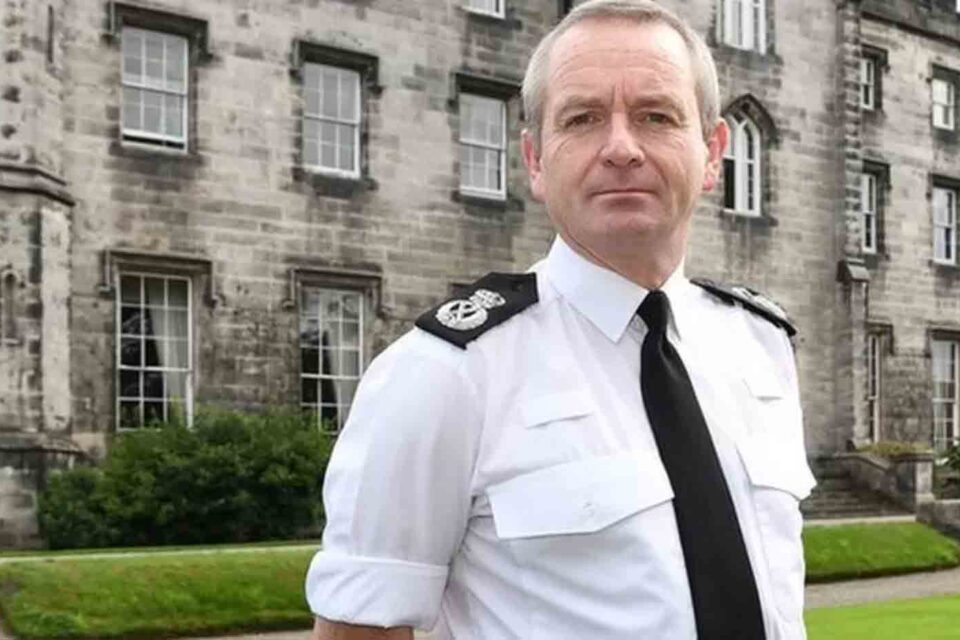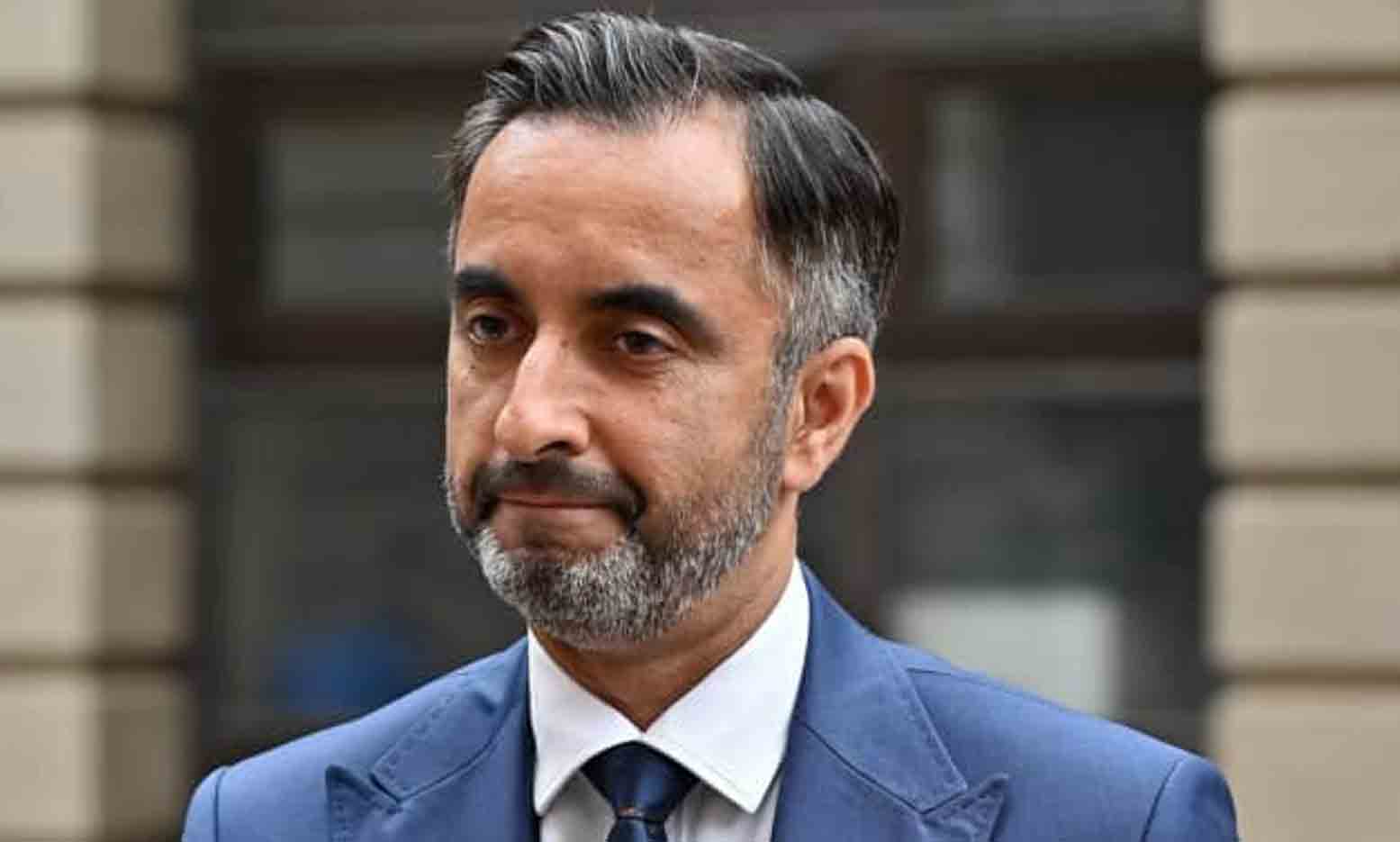Police Scotland chief admits that the force is institutionally racist, sexist and misogynistic
Posted On May , 2023


Scotland’s Chief Constable Sir Iain Livingstone QPM addressed the matter of institutional discrimination in policing at a meeting of the Scottish Police Authority Board on Thursday, 25 May.
He said, “I have been the Chief Constable of Police Scotland for six of our 10 years and have been a police officer, holding the office of Constable for over 30 years. As such, I have a deep and personal sense of duty and responsibility for leading, shaping and representing an institution of which all the people of Scotland should be hugely proud.
“Police Scotland has grown into an organisation known to be compassionate, values based, and highly competent. It is well regarded nationally, extremely well regarded internationally, but I know it can improve, must improve.
“Institutional racism, sexism and institutional discrimination have become iconic terms in the vital battle to tackle injustice. Police officers and staff, including police leaders, can be conflicted both in acknowledging their existence and in using such terms, fearing it would unfairly condemn dedicated and honourable colleagues or that it means no progress has been made since the 1990s.”
Sir Iain’s statement is believed to be the first of its kind by a police chief and comes amid ongoing controversy about policing culture across the UK. He is set to retire from the force on 10 August.
He adds, “The meaning of institutional racism set out by Sir William Macpherson in 1999 in his report on the appalling murder of Stephen Lawrence in 1993 is, rightly, very demanding.
“The phrase, the terminology, however, can be and often is misinterpreted or misrepresented as unfair and personal critical assessments of police officers and police staff as individuals.”
First Minister Humza Yousaf said that, as a person of colour, the admission of institutional racism by the chief constable was “monumental” and “historic”.
He said that he had personal experience after being “searched over a dozen times as a young boy, whether it was in my car or walking with my friends in the street or in airports” by racist police officers.
Sir Iain added, “Does institutional discrimination mean our police officers and police staff are racist and sexist? No. It absolutely does not. I have great confidence in the character and values of our people. I am proud of Police Scotland and I am proud of my colleagues, proud of my officers and staff.

“So I know and have shared the reservations and concerns about acknowledging that institutional discrimination exists in policing.
“However, it is right for me, the right thing for me to do as Chief Constable, to clearly state that institutional racism, sexism, misogyny and discrimination exist. Police Scotland is institutionally racist and discriminatory. Publicly acknowledging these institutional issues exist is essential to our absolute commitment to championing equality and becoming an anti-racist Service. It is also critical to our determination to lead wider change in society.
“Prejudice and bad behaviour within policing, as highlighted by court and conduct cases, various independent reviews and by listening to our own officers and staff over recent years, is rightly of great concern and is utterly condemned.
“There is no place in Police Scotland for those who reject our values and standards. Our vigilance as an organisation has never been stronger – rigorous recruitment; enhanced vetting; more visible conduct outcomes; and a focus on prevention.”
Police Scotland launched a four-year strategy called “Policing Together” last year to tackle discrimination within the force and the community, with a mandatory leadership programme to be rolled out to about 5,000 officers and staff in an attempt to improve the existing workplace culture.
The force has faced a number of concerns and allegations about the culture in recent years.
Several former female officers have also come forward and spoken to the BBC’s Newsnight about a disturbing “boys club” culture at all levels of Police Scotland, where they have been subjected to bullying and discrimination by male officers.
Additionally, the police force is also facing a public inquiry investigation for the death of 31-year-old Sheku Bayoh, who died after being restrained by officers in Kirkcaldy. Many speculate that Bayoh’s race had a role to play in the way he was treated.
Glasgow-based human rights lawyer Aamer Anwar said those in the force had refused to admit institutional racism for too long. Back in 1991, he was a victim of a devastating racist attack by the police in Glasgow who smashed his teeth out.
Anwar, who represents the family of Sheku Bayoh, said the chief’s statement was a “testament to families and all those struggles fought by the victims of racial violence and injustice”.


By providing your details you agree that you wish to receive a regular newsletter and other marketing communications from us. Our newsletter and marketing communications will normally be sent by email. You can unsubscribe at any time by emailing us. Your personal data will be used in accordance with our privacy policy.